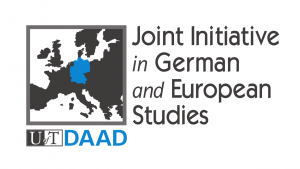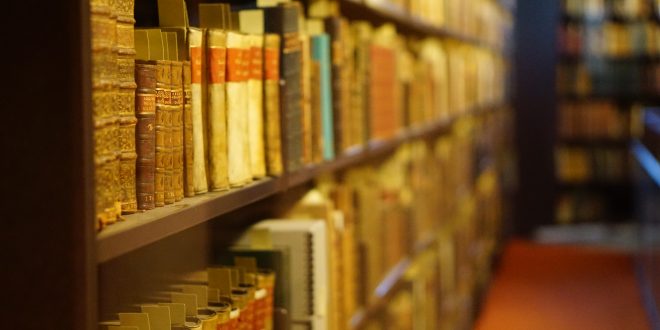208N Munk School of Global Affairs, 1 Devonshire Place
The conference explores the multilingual origins of the German literary and cultural canon and the literary permutations of the German tradition in non-Germanic languages, literatures, and theory. By examining the role of Yiddish and other languages in the canonical formation of High German literature and culture, papers will examine the critical significance of linguistic alterity and difference at the heart of the invention of German as a language whose openness challenges the project of a nationally-defined canon.
Download program here.
Thursday, May 11
2:00 Opening Remarks
2:15 Gesine Palmer
No Holy Marriage – Rosenzweig and Luther as Translators Driven by Belief
3:00 Gilad Sharvit
Temporality and Alterity: Rosenzweig on Translation and Exile
3:45 Coffee Break
4:00 Vance Byrd
Intercategorical Complexity and Kleist’s Die Verlobung in St. Domingo.
4:45 Willi Goetschel
Heine’s Displaced Philology
Friday, May 12
9:30 Jessi O’Rourke-Suchoff
“Near and Unlost”: Reading Paul Celan with Anne Carson
10:15 Catriona MacLeod
Displaced Vernaculars: Kafka, the Muirs, and the Languages of Modernism
11:00 Coffee Break
11:15 Maria Kager
Joyce, Mauthner and Modernist Bilingualism
12:00 David Suchoff
Beckett’s Linguistic Turn: The Digestion of German Philology
12:45 Lunch
2:00 Nathaniel Wolfson
Brazil After History, or Two German Accounts of Post-WWII Brazil: Max Bense and Hans Ulrich Gumbrecht
2:45 Andreas Stuhlmann
Interxtuality and Alterity in Hannah Arendt’s The Hidden Tradition.
3:30 Coffee Break
3:45 Mathura Umachandran
Peering into German: Fremdwort as silver rib in Theodor Adorno’s Minima Moralia
4:30 Ian Fleishman
Refugee Language: Derrida’s Franco-German Philology
5:15-6:00 Open Discussion
Supported by


![]()
The Al and Malka Green Yiddish Studies Program

![]()
 Department of Germanic Languages & Literatures University of Toronto
Department of Germanic Languages & Literatures University of Toronto
